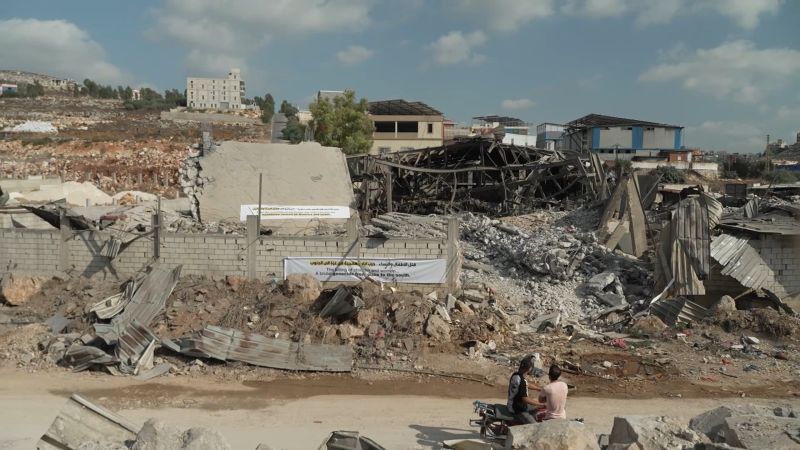
Rising Tensions: Israel and Hezbollah Exchange Strikes Amidst Escalating Conflict
In the early hours of Thursday morning, Israel launched a series of strikes targeting Hezbollah positions in southern Lebanon, marking a significant escalation in the ongoing conflict between the two entities. This latest exchange of fire comes on the heels of an intense barrage of over 50 rockets and a swarm of drones launched by Hezbollah towards the Israeli-annexed Golan Heights, resulting in injuries and damage to civilian areas. The Israeli Defense Forces (IDF) responded swiftly and decisively, targeting over 10 locations across southern Lebanon, including weapons depots, military structures, and a rocket launcher used by Hezbollah.
The IDF's operation, described as a reprisal for Hezbollah's earlier attacks, underscores the volatility of the situation. The airstrikes were reported to have caused significant damage to Hezbollah's military infrastructure, with IDF spokesperson Daniel Hagari confirming the destruction of key assets that could have been used for further attacks. The targeted areas included the southern Lebanese village of Kfar Kila, where significant military activity has been observed.
Also Read:- Dodgers Face a Crucial Series After Arizona Dominates Marlins with Sweep
- The Battle Intensifies: Jujutsu Kaisen Chapter 267 Release Date and Where to Read
This surge in violence did not occur in isolation. It followed a phone call between U.S. President Joe Biden and Israeli Prime Minister Benjamin Netanyahu, during which Biden urged Netanyahu to finalize a ceasefire deal in Gaza and secure the release of hostages held by Hamas. However, the situation in Gaza remains dire, with reports indicating that Israeli airstrikes over the past 24 hours have killed at least 50 Palestinians. The ongoing military campaign in Gaza has been devastating, with Palestinian health authorities reporting over 40,000 deaths since the conflict began in early October, sparked by a surprise attack from Hamas.
The broader implications of this conflict are severe. The ongoing exchanges between Israel and Hezbollah threaten to drag Lebanon into deeper instability, a country already grappling with political and economic crises. Hezbollah's retaliatory attacks on Israeli territory following the IDF's strikes have raised fears of a full-scale war, which would have catastrophic consequences for the region.
Meanwhile, diplomatic efforts continue, with U.S. Secretary of State Antony Blinken meeting with mediators from Egypt and Qatar in an attempt to broker a ceasefire. However, both Hamas and Israel have expressed skepticism about any immediate halt to the fighting, making the prospect of peace seem increasingly distant.
As the conflict continues to escalate, the international community is watching closely, concerned about the potential for a broader regional war. The situation remains highly fluid, with both sides showing little sign of backing down. The world holds its breath as the cycle of retaliation and violence shows no signs of abating, threatening to plunge the Middle East into even greater turmoil.
Read More:

0 Comments